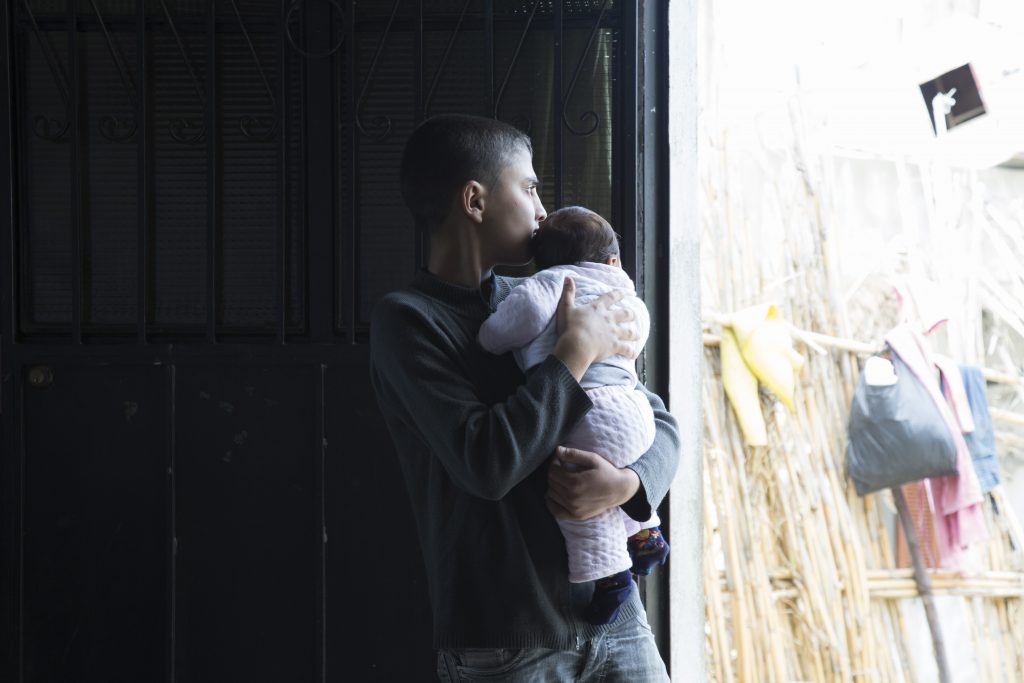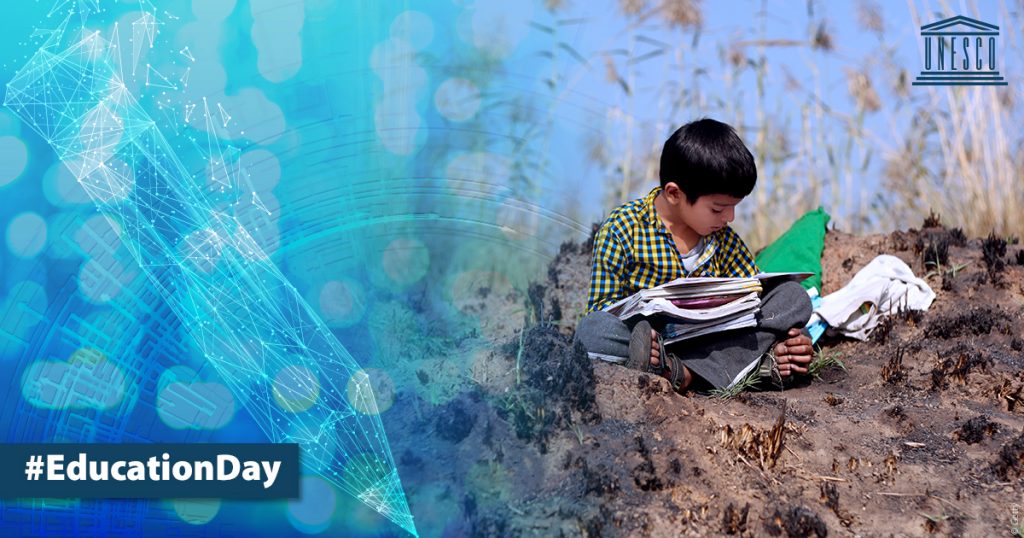The COVID-19 crisis obliges us to think deeply and creatively about the future of our societies and the role of education in shaping them, writes David Atchoarena

Much has been said and written already about how educational institutions are responding to the crisis caused by the COVID-19 pandemic, specifically through online and distance learning. This is important and UNESCO is playing a critical role, with UIL making a significant contribution. Beyond the emergency response, it is equally necessary to reflect on the world that will emerge from the crisis and the role of lifelong learning in supporting social recovery and in shaping a sustainable future.
The crisis not only raises important technical and practical issues about the delivery of education, it also poses critical questions about the kind of society we want to live in, our approach to economic growth, our tolerance of economic and social inequalities, globally and within nations, and our relationship to nature. Continue reading

